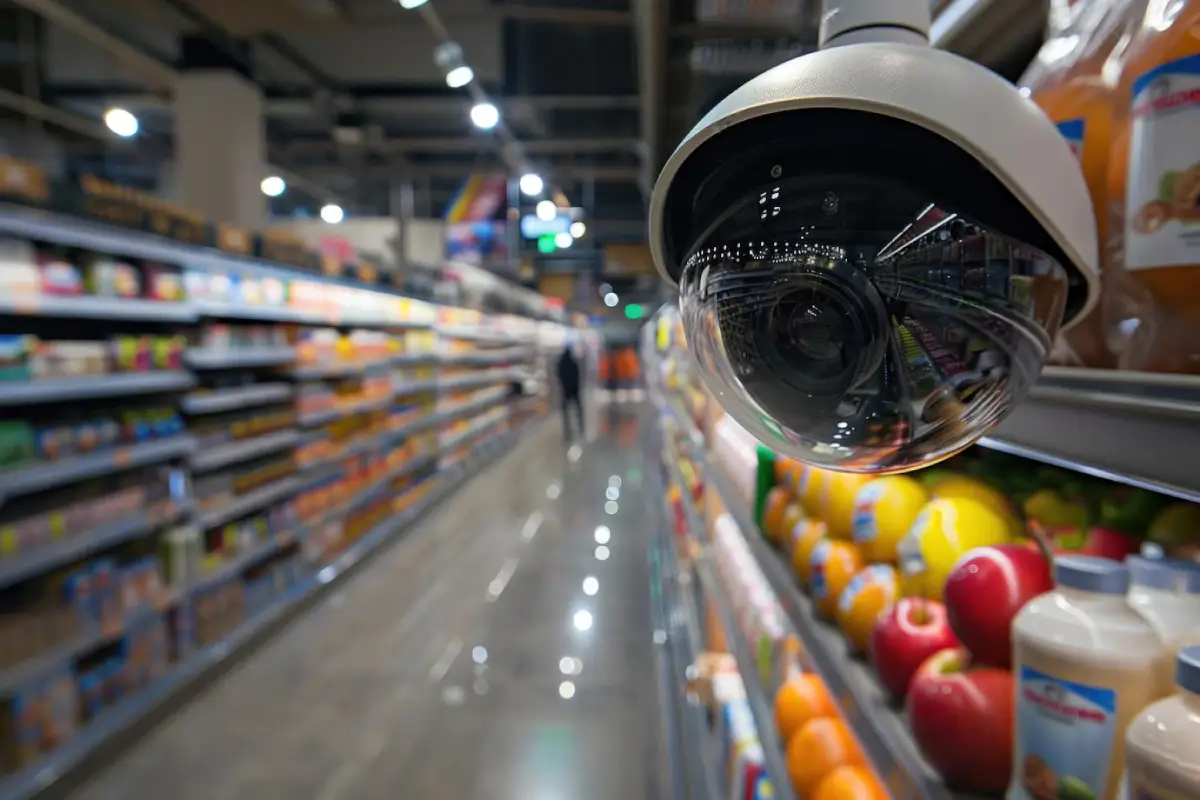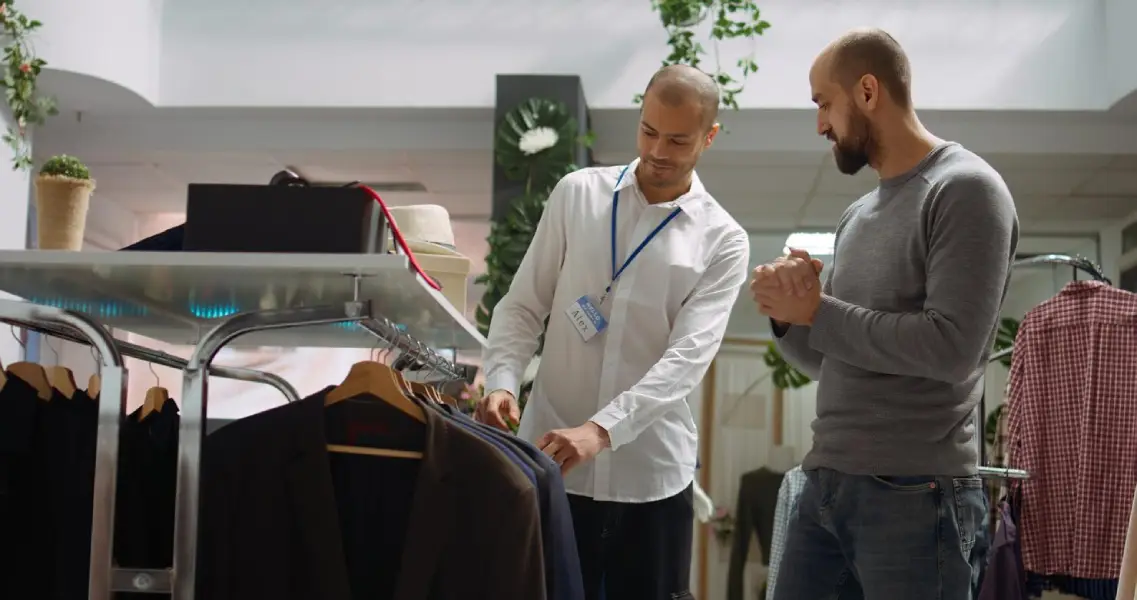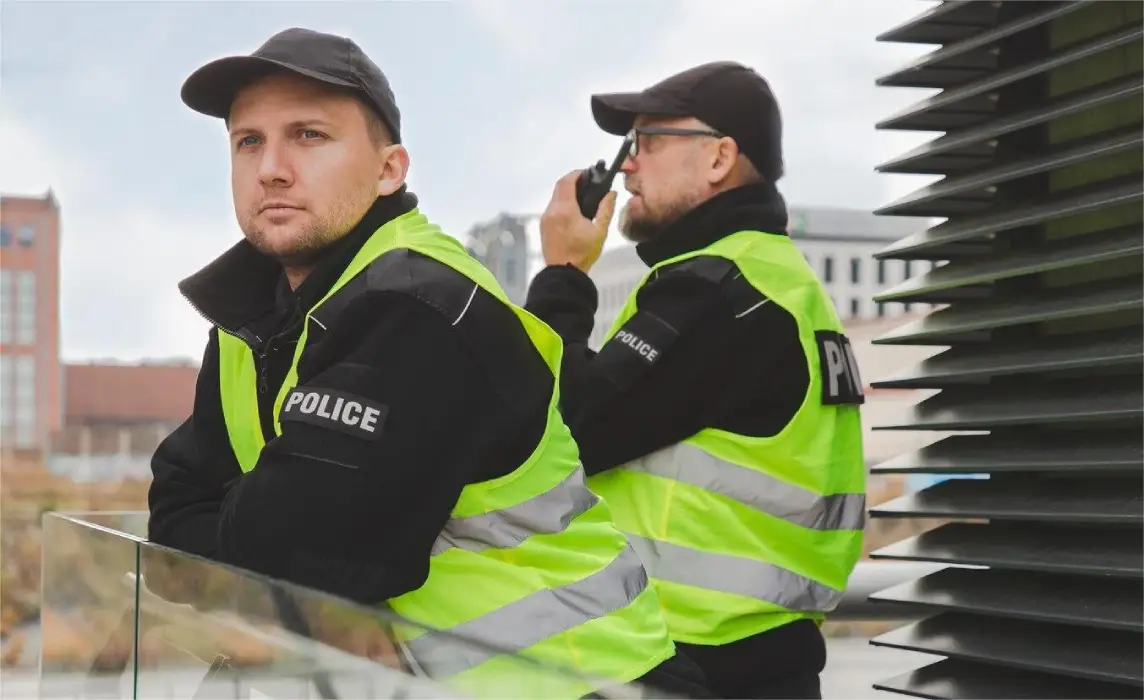
What Is Spiking for Door Supervisors?
By London Security College Is Your Licence Near to Expire? SIA Refresher Training + First
Home » Data Protection for Security Officers
SIA Refresher Training + First Aid– Keep Your Licence Active! Only £199
Security officers are often the first point of contact in incidents involving the public, staff, and property. In these moments, you’re not just maintaining safety but also handling personal data, whether through CCTV footage, incident reports, or verbal interactions.
With the rise of the General Data Protection Regulation (GDPR), it’s more important than ever for security officers to understand their legal obligations when dealing with personal information. Mishandling data can lead to serious consequences for you and your employer — including fines, legal action, or loss of client contracts.
This blog explains what GDPR means for security officers, how to stay compliant, and common mistakes to avoid.
The General Data Protection Regulation (GDPR) is a UK and EU law designed to protect individuals’ privacy and personal data. It applies to any organisation that collects, stores, or processes personal data, including security companies.
As a security officer, you’re likely handling:
That’s all personal data — and GDPR rules apply.
1. Lawfulness, Fairness, and Transparency
Only collect and use data fairly and legally. Always be transparent with people if data is being recorded or reported.
2. Purpose Limitation
Only use personal data for the reason it was collected — not for anything else.
3. Data Minimisation
Don’t collect more data than necessary. For example, only write down what’s relevant in a report.
4. Accuracy
Make sure any personal data you record (e.g., in reports or logs) is correct and based on facts.
5. Storage Limitation
Data shouldn’t be kept longer than necessary. This is more of a management responsibility, but be aware of it.
6. Confidentiality and Security
Keep personal data secure. Don’t leave DOBs or reports open on the desk or share CCTV or incident details casually.
Do:
Don’t:
Tip: Always ask yourself: “Is this information relevant to the incident?”
Do:
Don’t:
Tip: Think of CCTV footage as confidential evidence, not entertainment.
Do:
Don’t:
Tip: Treat all incident-related info as private — even if it seems small.
Security officers are not just protectors of property — they’re also guardians of information. Your actions can have real legal implications, whether you’re logging incidents, reviewing CCTV, or reporting concerns.
Staying informed, cautious, and professional with personal data isn’t just a compliance requirement — it’s part of being a high-standard officer in today’s security industry.

By London Security College Is Your Licence Near to Expire? SIA Refresher Training + First

By London Security College Is Your Licence Near to Expire? SIA Refresher Training + First

By London Security College Is Your Licence Near to Expire? SIA Refresher Training + First

By London Security College Is Your Licence Near to Expire? SIA Refresher Training + First
London| Birmingham| Manchester | Leeds | Glasgow | Sheffield
London Security College is the leading supplier of SIA Licence courses in London. We excel in SIA Courses such as SIA Door Supervisor Course, SIA Top Up Training, SIA CCTV Surveillance Course, First Aid Courses, Traffic Marshal Banksman Course Online, and Forklift Training Course.
“It is impossible for a man to learn what he thinks he already knows”
London Security College
International House,
24 Holborn Viaduct,
London, EC1A 2BN
020 8050 4108
info@londonsecuritycollege.co.uk
Copyright © LONDON SECURITY COLLEGE is a training and hiring platform